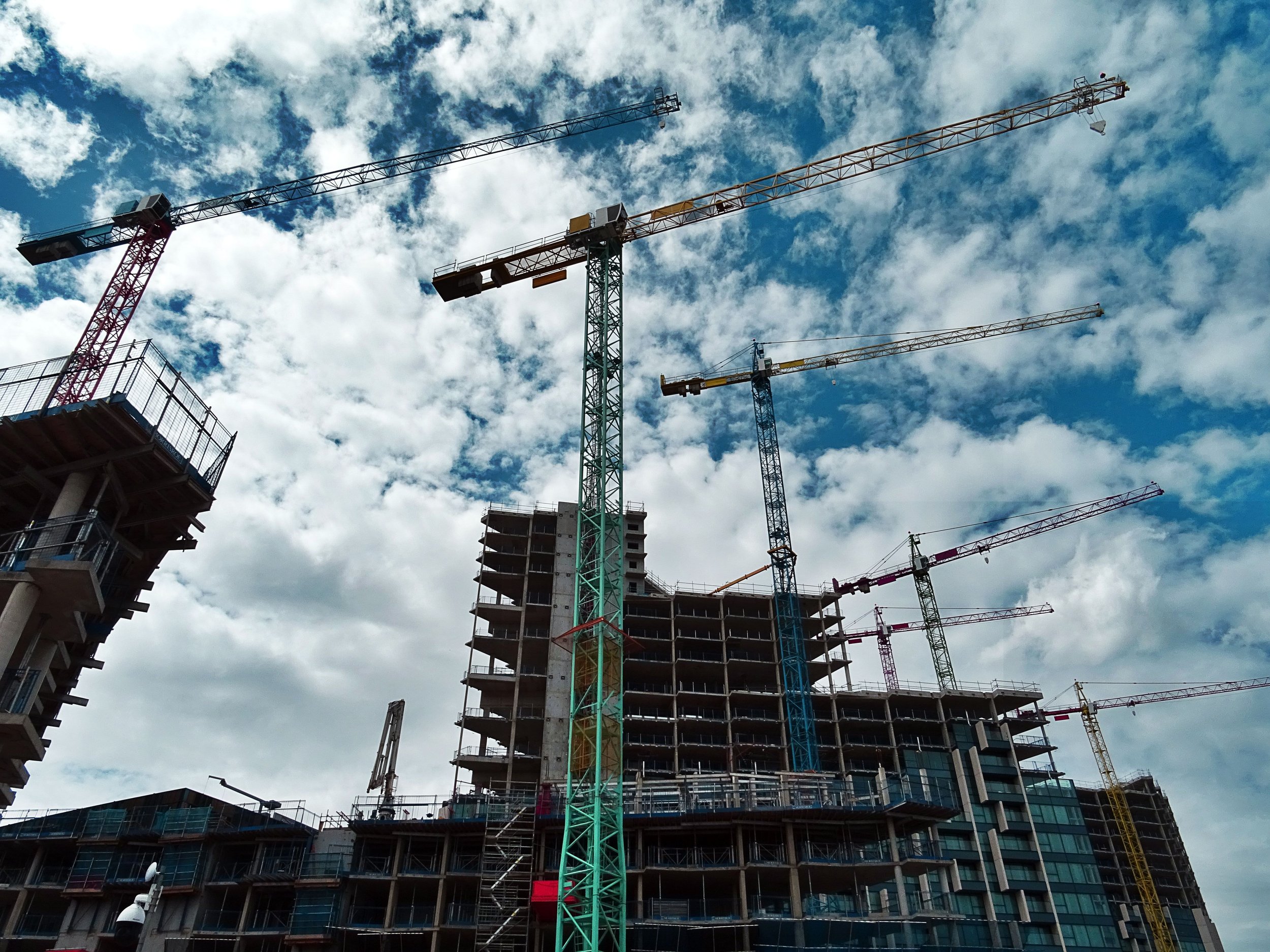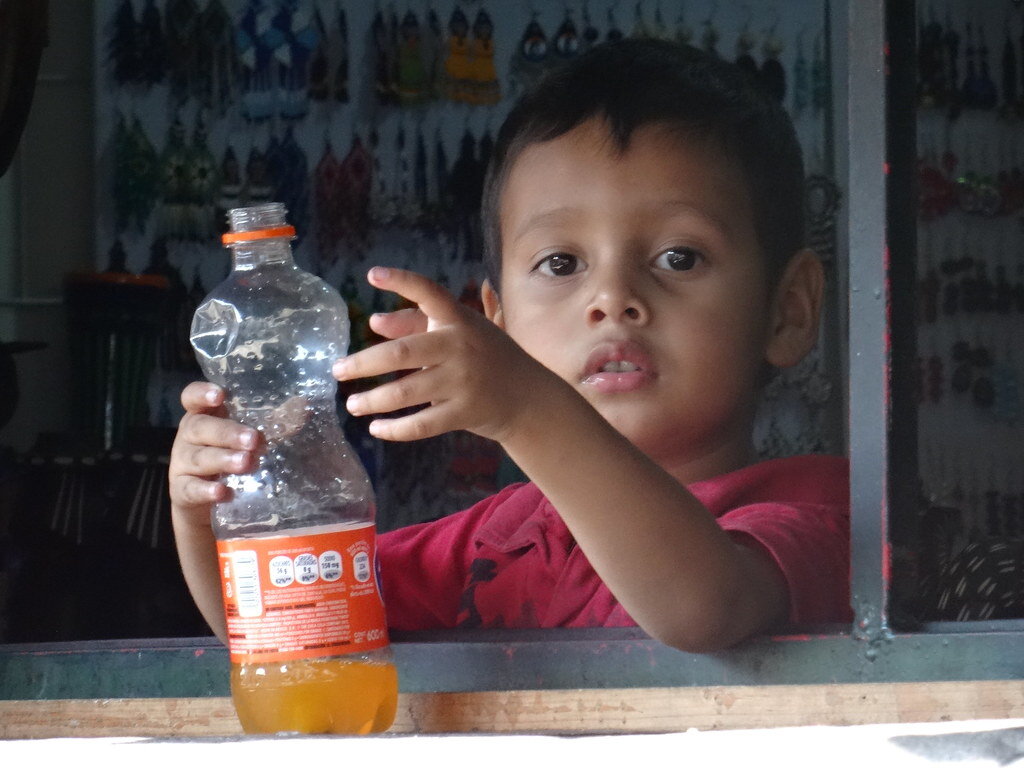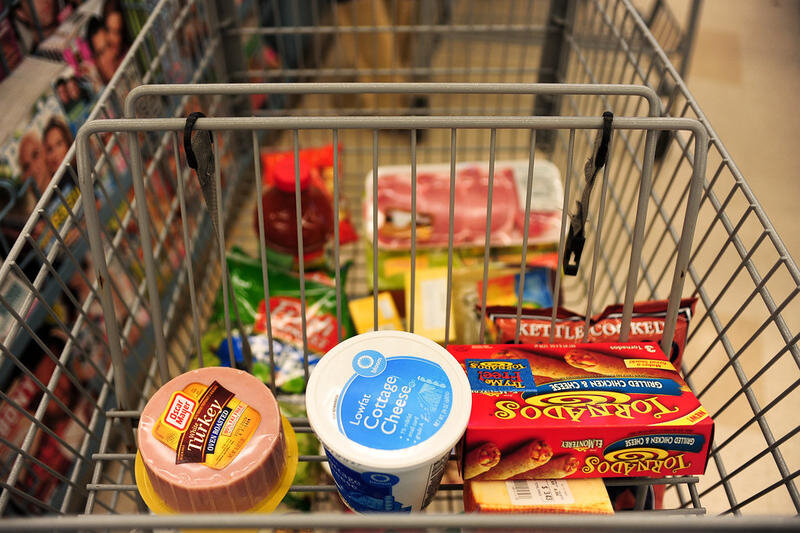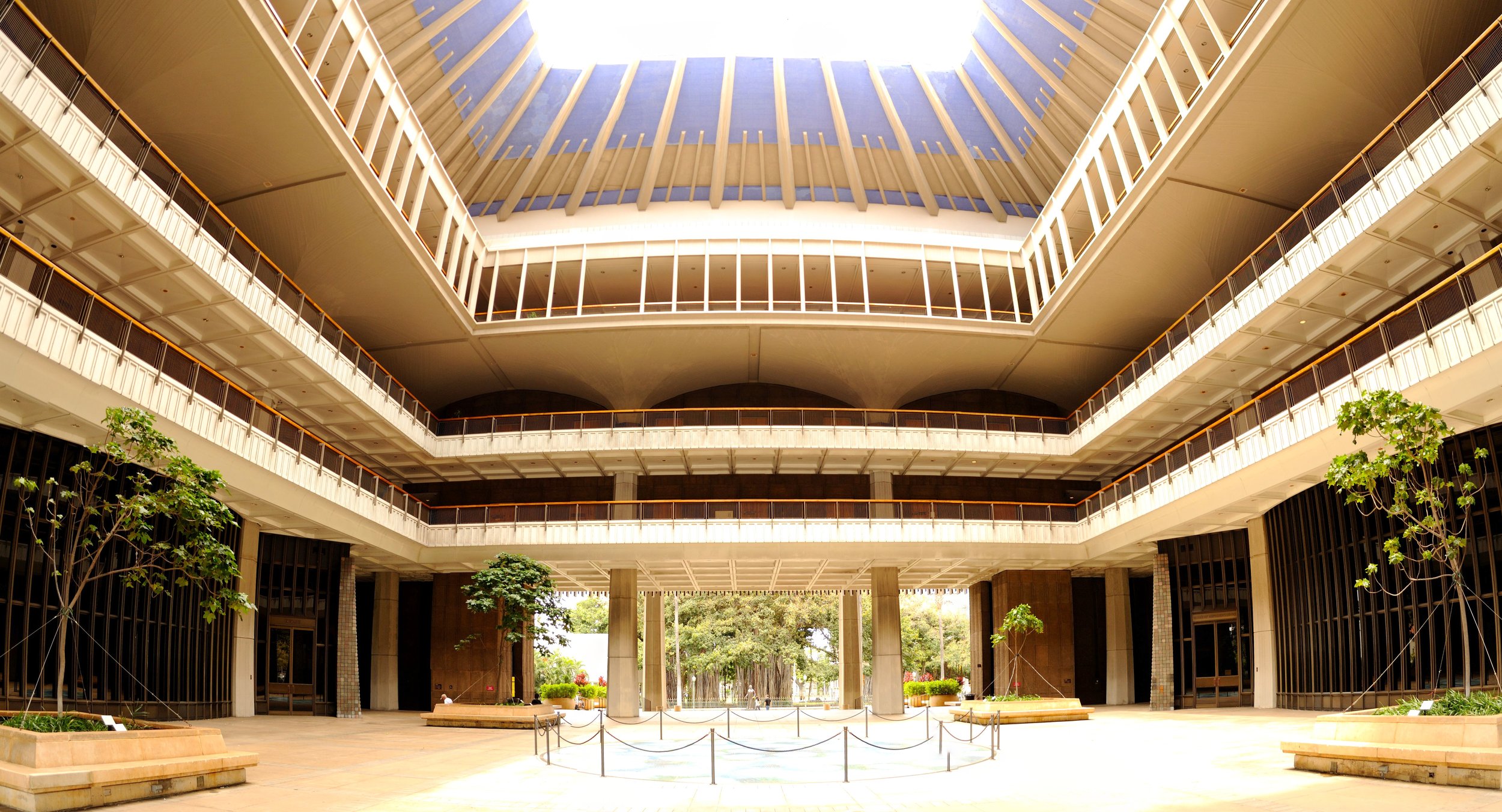
Biden’s spending bill could be a ‘game changer’ for housing in Hawaiʻi
The Build Back Better bill that the U.S. Senate is debating has the potential to make a huge dent in Hawaiʻi’s affordable housing needs, according to advocates.

Pandemic fuels spike in childhood obesity in Hawaiʻi
Nearly one in six children between the ages of 10 and 17 are obese in Hawaiʻi, marking a significant increase from four years ago and fueling concerns about the impact that COVID-19 restrictions and school closures have had on the health of the state’s youth.

Amid inflation fears, Hawaiʻi business owners and consumers brace for rising prices
Consumer prices nationwide reached their highest levels in a decade last month, potentially impacting local businesses and consumers.

How the ‘Build Back Better’ plan saves money and lives
The answer lies in an expansion of the strategy that held the line against poverty in 2020 and that helped America out of the Great Depression.

Here’s an affordable housing plan that’s already working
Portland, San Francisco and LA have all upped property taxes to build housing. Hawaiʻi—which has the lowest property taxes in the country—should do the same with its investment properties, starting in Maui.

Fundraising campaign kicks off next week to help fight child hunger
An annual fundraising campaign kicks off next week to help fight child hunger and expand participation in free breakfast programs at public schools.

Hawaiʻi Budget and Policy Center director Beth Giesting’s economic update
The pandemic’s effect on the state economy: Hawaiʻi’s housing crisis, and its role as a social determinant of health; and key takeaways from the state budget.

Invest in human infrastructure, not just roads and bridges
Reps. Ed Case and Kai Kahele have the opportunity to help Congress build back a more resilient and equitable economy.

Hawaiʻi advocates for ALICE communities
Since the COVID-19 pandemic, 59 percent of Hawaiʻi households now struggle to afford adequate housing and access to healthy food.

Biden’s infrastructure deal doesn’t invest in housing for Hawaiʻi
Funding only roads and bridges will not make Hawaiʻi more affordable or keep residents from leaving.

Why are more people than ever receiving food stamps in Hawaiʻi?
A historically high enrollment in the food stamp program is part of a broader increase in the need for public services during the pandemic.

State tax collections soared back to pre-pandemic levels in the past year
The stunning rebound in general treasury tax revenue was driven by increased state income tax collections.

Rental assistance fell victim to politics, bureaucracy
Nationwide, state leaders set aside $2.6 billion to prop up struggling renters, but a year later more than 16 percent hasn’t made it to tenants or landlords.

Hawaiʻi gov intends to veto dozens of bills, likely triggering a special session
Ige signaled he may scrap the legislature’s last tax fairness proposal, which would raise taxes on the sale of luxury property valued over $4 million.

3 factors shift Hawaiʻi’s real estate into overdrive
The pandemic has shifted Hawaiʻi's already expensive house prices into high gear.

Hawaiʻi reimposes job hunts as a requirement for unemployment insurance
More than 100,000 Hawaiʻi residents will be affected by the new mandate, officials said Thursday.

This new federal program is expected to help hundreds of thousands of Hawaiʻi kids
The credit is expected to particularly help people who work in service industries such as cashiers, cooks, child care and food prep workers, and janitors.

Blangiardi offering $10 million in incentives to affordable housing developers
The Honolulu mayor hopes the incentives spur private development of affordable homes.

A cautious legislature, locked in the capitol, played it safe
Critics hoped the pandemic would be the catalyst for significant changes to address longterm problems facing Hawaiʻi. But the budget shortfall dominated the 2021 session.

Hawaiʻi lawmakers finish session after huge federal aid boost
The pandemic wouldn’t have hurt nearly as much if Hawaiʻi residents were making wages that paid enough to cover their basic needs.
